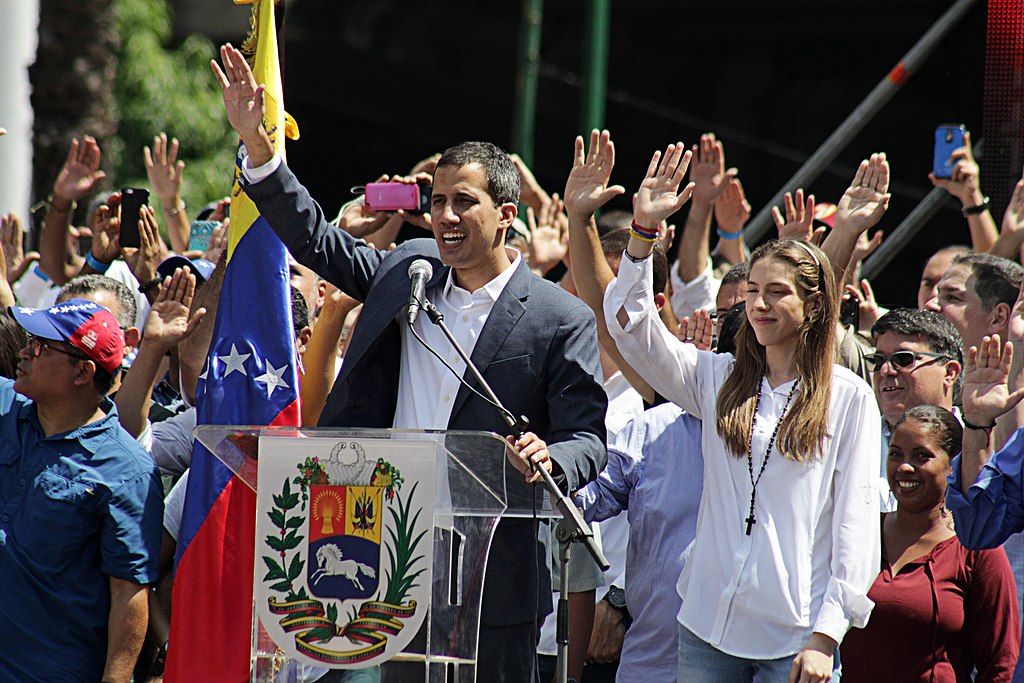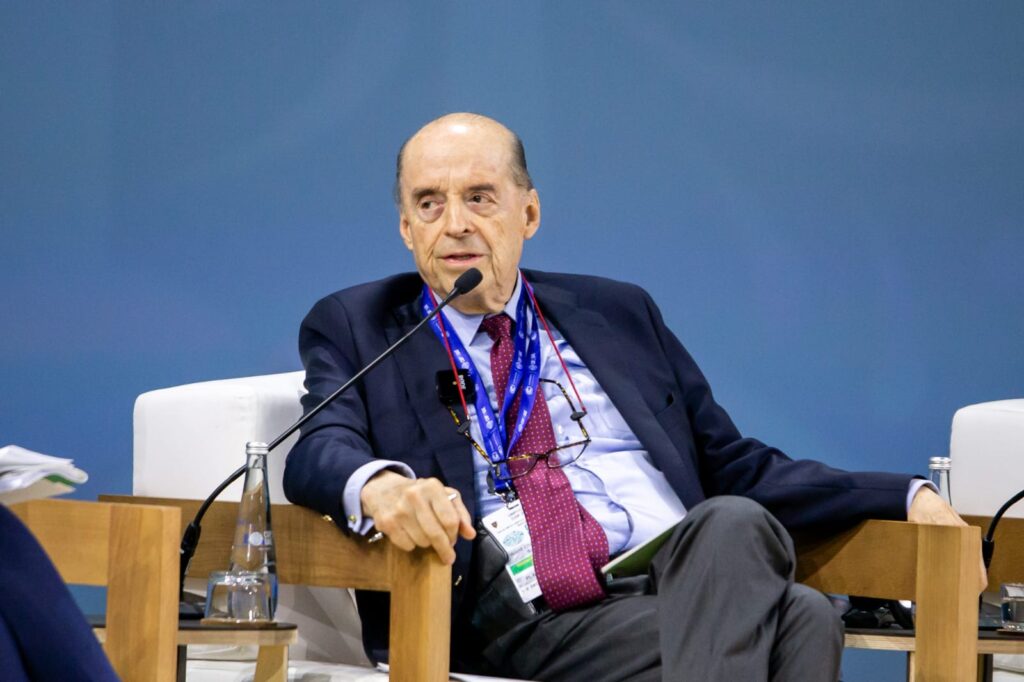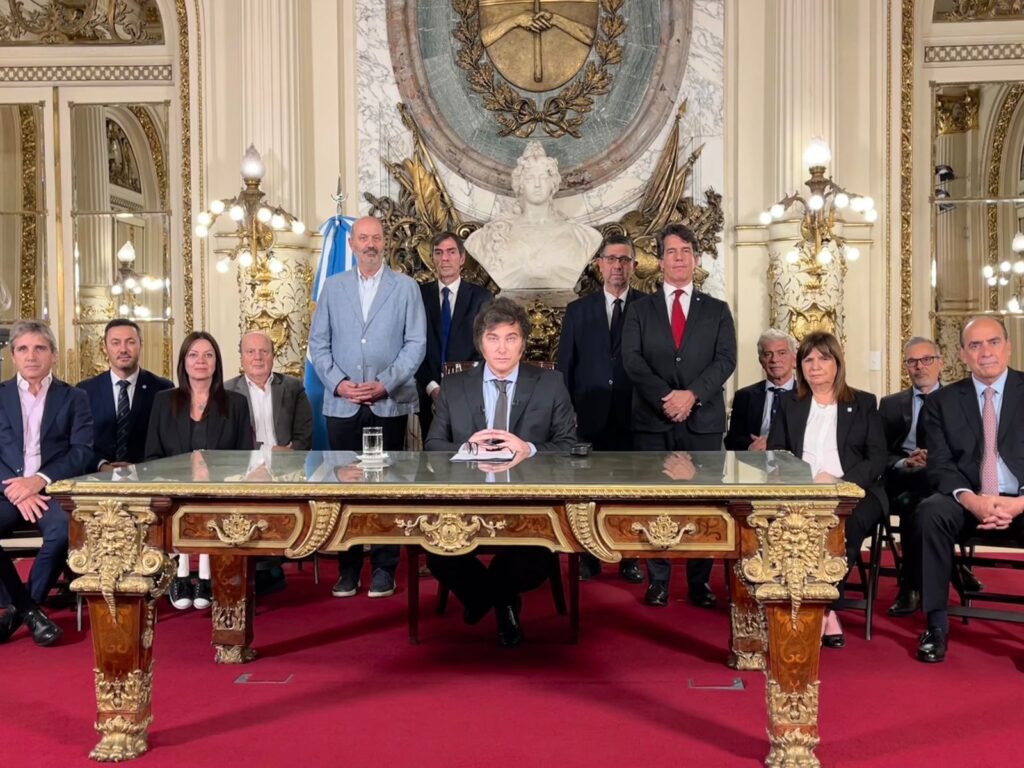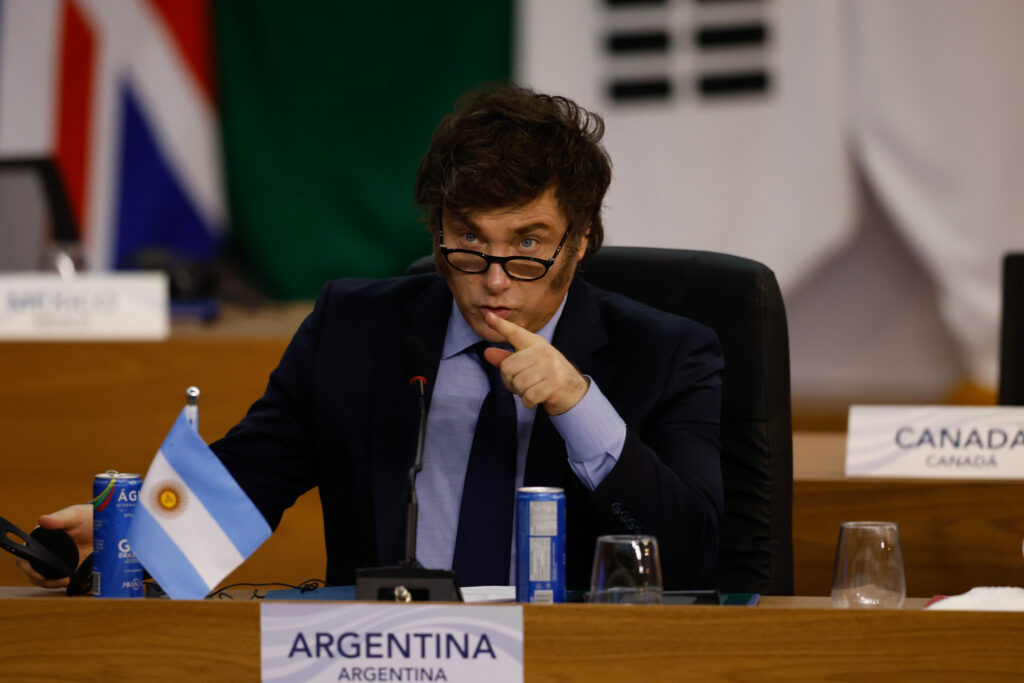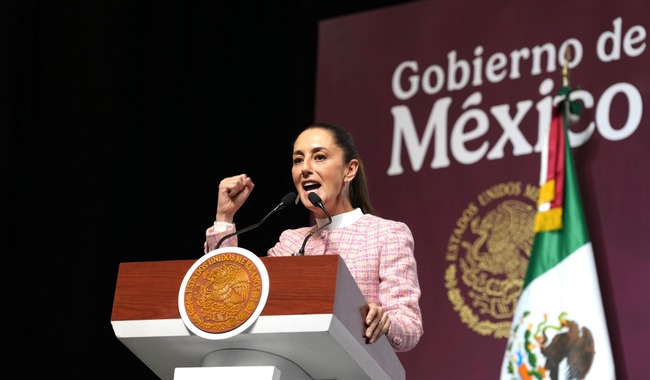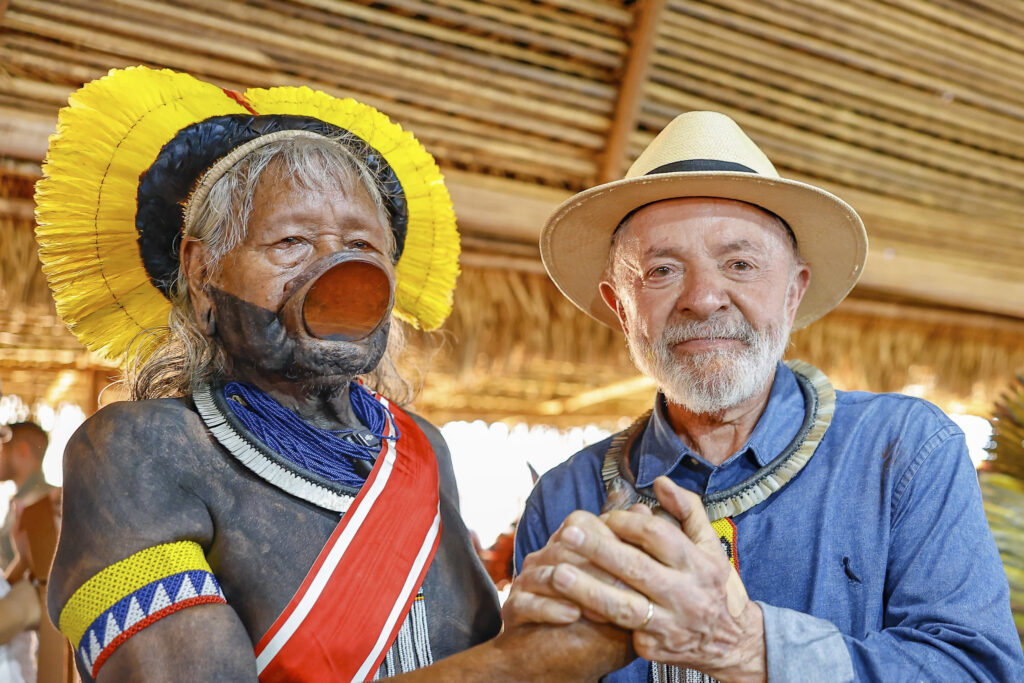Self-declared interim president of Venezuela Juan Guaidó and his supporters managed to successfully storm Venezuela’s National Assembly on Tuesday, January 7.
Two days prior, their entry into parliament had been blocked by members of Venezuela’s armed forces — sympathetic to President Nicolás Maduro — before the elections for a new Speaker of the chamber were due to take place.
Read more: Who is Venezuela’s new parliamentary speaker?
In retaliation to Sunday’s events, which he described as a “coup d’etat,” Guaidó made a point of returning to fight through the Maduro-sympathizing security forces — megaphone in hand — and force his way into the National Assembly.
Later, he tweeted a dramatic video of the moment the opposition managed to break open the door to the chamber and storm into the building, shouting “Here, the people rule!”
Speaking to Latin America Reports, Venezuelan political analyst Ricardo Sucre Heredia of Venezuela’s Central University described the moment as a “symbolic victory,” for Guaidó and the opposition.
Once inside, despite losing electricity at points causing the lighting to go out, Guaidó was sworn in as Speaker for the second time. Meanwhile, violent scuffles took place outside between Maduro-sympathizing ‘colectivos’ (unofficial, armed criminal organizations) and journalists, as well as bystanders.
Once the session was over, reports from the New York Times indicate that Guaidó was forced to flee the building.
Sucre pointed out that the eventful few days have actually done little to change the political situation in Venezuela. Ultimately, disputes over who occupies the role of parliamentary Speaker remain, as does the dispute over the presidency, he highlighted. Speaking to The Guardian, Geoff Ramsey of the Washington Office on Latin America (WOLA) agreed.
“The game has just become more complicated,” Sucre said.
Nevertheless, using the momentum of yesterday’s achievements, Guaidó called for three more days of protest — starting today — against the regime of Maduro, which he refers to as a “dictatorship.”
Calling upon the Venezuelan masses to take to the streets in protest is a well-established tactic that Guaidó has chosen to deploy throughout his mission to take down the country’s president, who shrewdly uses his social media channels to rally support.
But it is for this reason that Sucre believes the renewed protests are unlikely to have any effect on Guaidó’s mission to remove president Maduro from power.
“The motives are real, but they are appealing to the same thing,” he said, referencing Guaidó’s repeated attempts to encourage year-long protests. Calling for more street protests is a strategy that Guaidó has almost entirely exhausted, Sucre added, and in the grand scheme of things, it doesn’t work, he believes.
A Latin America Risk report published this week argues that Guaidó and his team will need to “think outside of the box” and try different tactics if they want to make any real political change.
On Tuesday, the Maduro government issued a statement confirming its support of Guaidó’s opponent Luis Parra as the leader of the National Assembly, and promised to “create a commission to rescue the constitutional order of the chamber.”
However, as Sucre pointed out, Parra will only be able to consider himself the National Assembly speaker for as long as Maduro supports him. A wise thing for Guaidó to do, at this point, would be to ensure that this period of time is as short as possible, he recommended.
If Guaidó and the opposition are able to bring forward the country’s parliamentary elections — in which the entire nation is entitled to vote — due to take place in December this year, this could present a “key opportunity” for them to advance, he said.
On the contrary, speaking to Bloomberg, Venezuelan economist and visiting Tulane scholar Francisco Rodriguez believes that recent events could push Guaidó to boycott the upcoming parliamentary elections instead.
However, if the opposition continues to rely on sanctions from the United States and mass protests, a theory that Sucre believes lacks “Venezuela-izing,” the risk of history repeating itself for Guaidó is becoming increasingly real.


